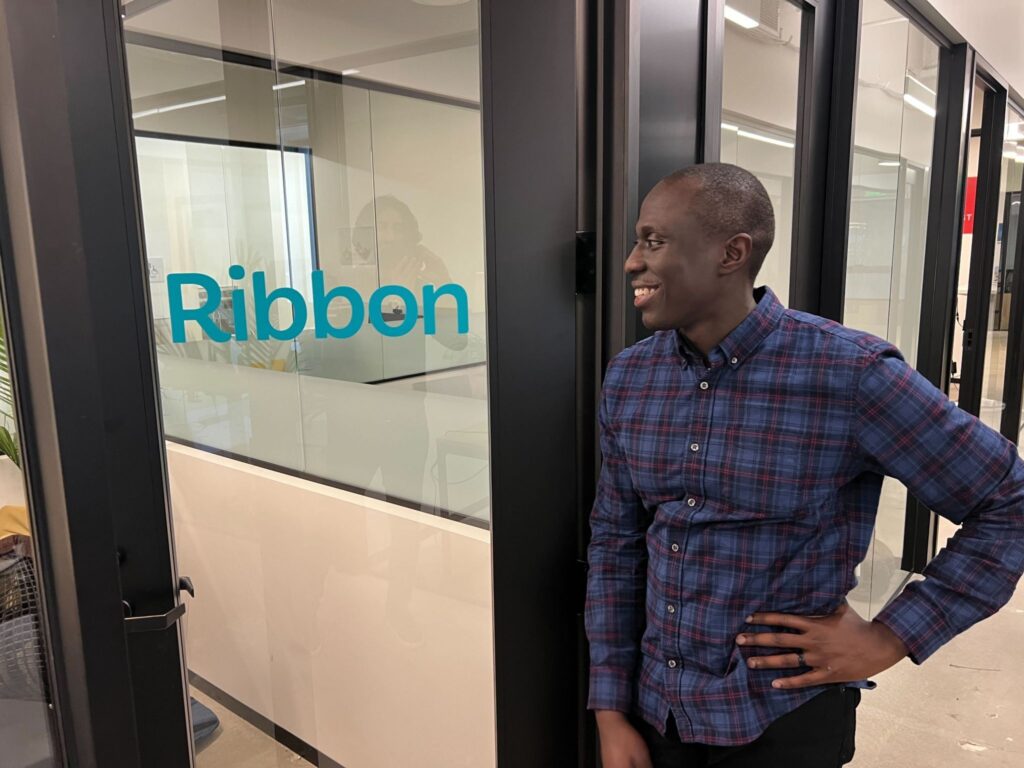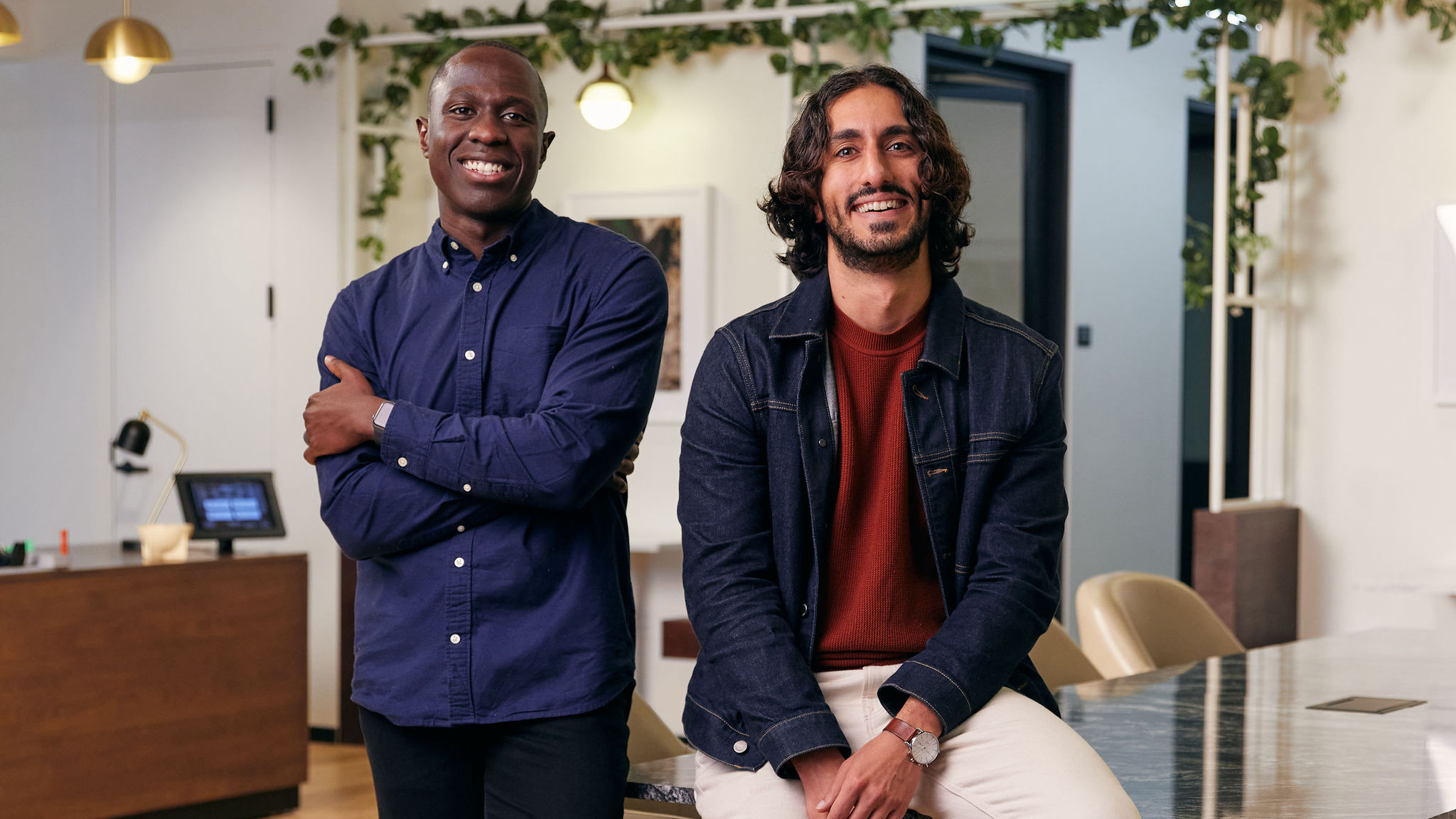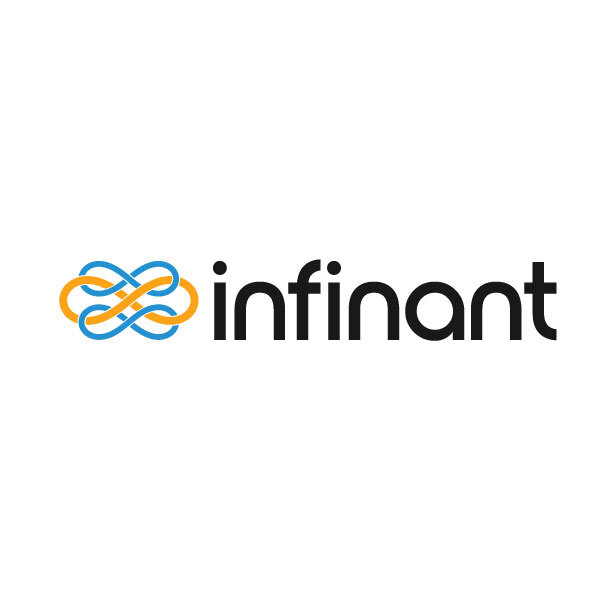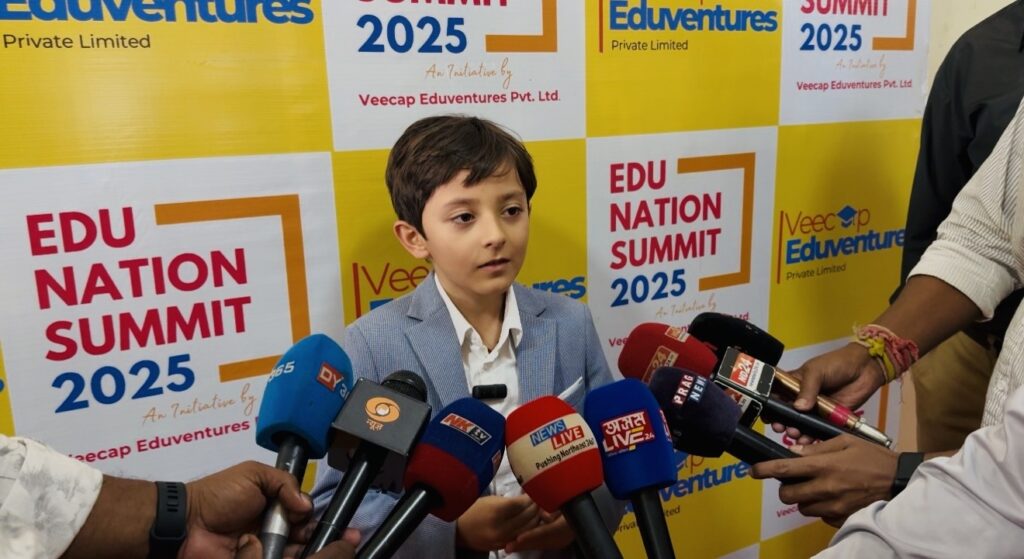If there’s a sure bet in life, it’s that we will all die one day. If there’s a sure bet in business, it’s that at some point, everyone will need end of life planning.
While its importance is unquestioned, estate and inheritance planning may be one of the least favorite activities for many Americans. A new company, launched just last year, is looking to ease some of that pain both for consumers and financial institutions.
Ribbon is a San Francisco-based startup founded by Saeid Kian and Allan Oloo. In February, the duo raised $2.7M to help further their mission to automate inheritance claims.
Americans spend a year on average settling estates, at a time when they should have space to grieve. A main reason is because financial institutions almost never have digital processes to automatically process death certificates and inheritance processes.
Saeid went through this unfortunate process on his own when his father passed away, he told StartupBeat.
“I couldn’t believe it. I was overwhelmed with grief and instead of focusing on healing, I was on hold with banks,” he said. “No one expects losing a loved one to be easy, but why does it have to be this hard?”
Soon, Saeid said he realized this was a major problem across financial institutions, and focused on helping them solve the issue for their consumers.
“We originally planned to launch Ribbon as a consumer-facing service. However, banks and financial institutions’ pushback to this approach led us to embark on a listening tour, during which we delved into why existing processes at banks and credit unions were so fragmented, time-consuming, risky, and inefficient,” he said.
Along the way, the founders also realized that many banks and credit unions were losing customers following the death of a family member.
Saeid said he saw that banks often had a fully dedicated employee just to deal with deceased account holders, and the average inheritor of the estate took more than 12 months to settle an estate.
“We’re also witnessing an above-80% churn rate, where most inheritors simply take the money and walk, and the deceased account closes permanently,” he said.

The ‘great wealth transfer’
Ribbon’s arrival comes at an interesting time. According to data from consulting firm Cerulli Associates published by Merrill Lynch, $84 trillion in assets will be inherited in the next 20 years as the Baby Boomer generation fades.
Younger generations that are inheriting the money, tend to be more skeptical of traditional financial institutions, Merrill Lynch finds. This poses another challenge for banks who are looking to retain the capital deposited in their institutions.
As the great wealth transfer — as it has come to be known — nears, the market size for end of life planning is set to grow exponentially. According to Research and Markets, the end of life planning market reached $29.5 billion in 2023, but is expected to jump to $45 billion by 2030.
Ribbon is looking to capitalize on this growth.
The platform uses artificial intelligence (AI) to help streamline the process of making inheritance claims. Relatives of deceased bank customers can quickly upload documents such as death certificates, and the AI processes and accepts them on the bank’s behalf. Via the platform, the bankers have a birds eye view of each account, and where they may need more documentation, etc. They can even automatically send flowers to grieving families through the platform.
According to their own figures, Ribbon says it can increase inheritance retention by 25% for financial institutions.
Of course, with a market this size, there are some competitors. Companies like Gentreo, zCalc Estate Planner, Trust & Will, and many more.
Where Ribbon differentiates, according to Saeid, is that it provides estate settlement solutions for financial services. Their aim is to empower financial institutions to provide great services to grieving families, but also to help financial institutions retain clients.
“Ribbon’s platform services also enable financial enterprises to automatically offer promotions to inheritors; they can also add those emotional touches that make all the difference during times of tragedy, such as sending flowers to those grieving,” he said.
The company is using the money raised in its recent funding round to expand their customer base and grow their team, said the founder.
“We’ve onboarded and continue to headhunt a world-class engineering team that specializes in AI and natural language processing (NLP). We also expect to hire more full-time folks to help with our product and go-to-market (GTM) needs,” said Saeid.
He also said that one of his larger missions is raising awareness about the impending “great wealth transfer.”
“Tracking data internally for these institutions can be challenging, and they’re often shocked when we sit down with them to see how much money is walking out the door,” he said. “We think there’s a big gap in awareness of the specific levels of churn per institution, and we plan on building content to help educate financial institutions.”











